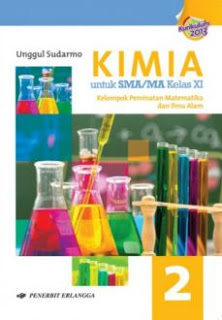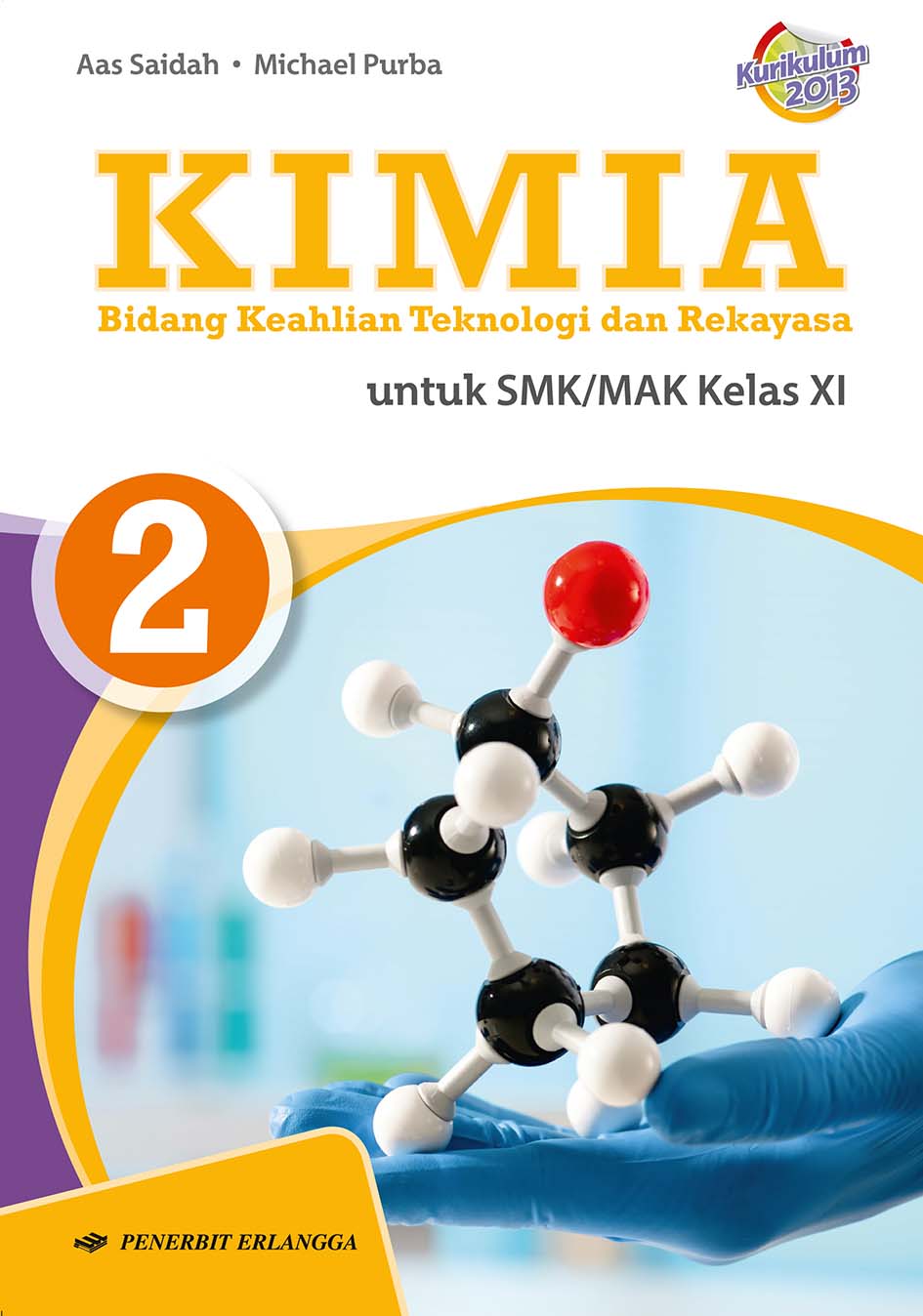

The goal of the overall project for the development and implementation of peace education curricula from Islamic perspectives was to provide peace education informed by Islamic sources to a variety of Muslim communities and related segments worldwide. These consultative and curriculum development processes, supported by the Canadian International Development Agency (CIDA) and the Swedish International Development Cooperation Agency (SIDA), culminated in the development of UPEACE’s Programme on Education for Peace in Asia and the Pacific and its subsequent proposal for a program of action. This need applies to both formal and nonformal education, and to the formulation of national policies and approaches at the community level.

Following consultative missions launched by UPEACE to countries such as Bangladesh, India, Indonesia, Pakistan, the Philippines, and Sri Lanka, among others, it became obvious that there was clear need for the development of peace education courses and materials based on Islamic perspectives. It is intended both for Muslims and non-Muslims alike, and is applicable to both formal and nonformal systems of education. It represents the collective effort of scholars, academics, and professionals with knowledge of Islam and experience in conducting peace education and peace and conflict studies with a view to making available as widely as possible a cutting-edge, user-friendly curriculum on peace education from Islamic perspectives.

The curriculum/teaching module “Peace Education: Islamic Perspectives” is one of several publications by the University for Peace (UPEACE) that aims to further its commitment to sharing knowledge in the pursuit of peacebuilding worldwide.


 0 kommentar(er)
0 kommentar(er)
